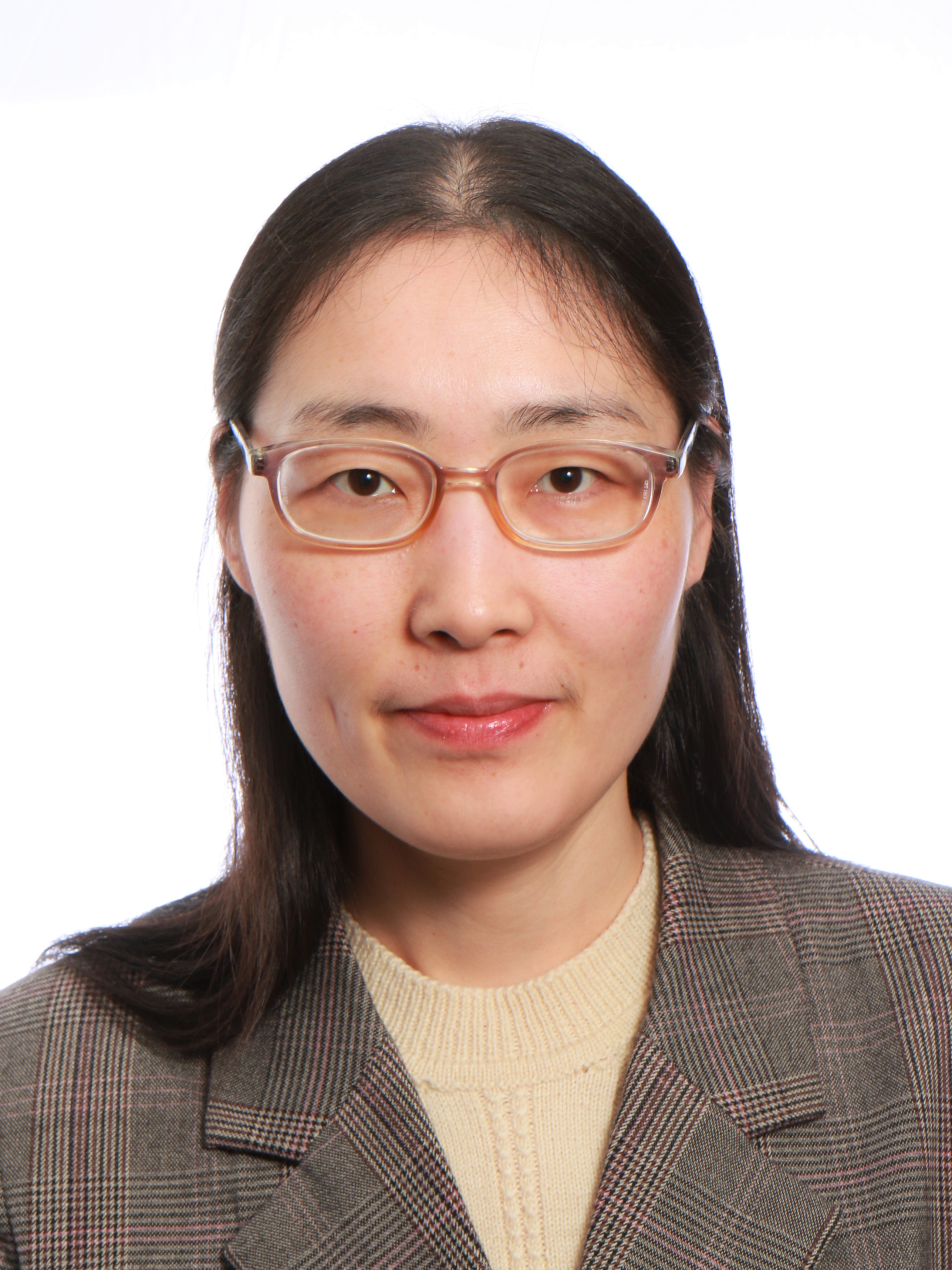
Short bio:
Jixin Qiao has 18 years of expertise in the field of Nuclear and Radioanalytical Chemistry, Radioecology, and Environmental Tracer Studies. Jixin Qiao's research is centered on the development of radiochemical methods and automation techniques for determining difficult-to-measure radionuclides, and the application of anthropogenic radiotracers in environmental and oceanic studies. Her major contribution to science include: 1) Development of automated radioanalytical apparatus based on advanced flow techniques including flow injection (FI), sequential injection (SI), and lab-on-valve (LOV); 2) Method development for determining low-level radionuclides in various environmental and waste samples based on advanced mass spectrometric techniques including inductively coupled plasma mass spectrometry (ICP-MS) and accelerator mass spectrometry (AMS); 3) Pioneering oceanic tracer application using anthropogenic uranium isotopes (U-233 and U-236) in the Baltic Sea and the Arctic Ocean; 4) Application of radioactive isotopes for environmental tracer studies including soil erosion, geological dating, pollutant transport, carbon cycling, ocean circulation, and climate change.
Abstract
With the continuous development of modern accelerator mass spectrometry (AMS) in the past decade, the detection of many ultra-trace levels of radioisotopes in the environment became possible. This provides vast opportunities for scientists to explore them as environmental tracers to study the natural processes such as ocean circulation, sedimentation, and the impact of human activities, such as nuclear safety, and pollutant/nutrient transport.
Since 2013, we initiated exploring the power of AMS in ultra-trace-level radioisotope determination and related environmental tracer studies, specifically the minor uranium isotopes U-236 and lately U-233. Here, a series of studies on anthropogenic U-233 and U-236 in the Baltic Sea, the Pacific Ocean, and the Arctic Ocean are presented to demonstrate the promises of this tracer pair in identifying radioactive source terms, reconstructing historical nuclear activities, benchmarking age-depth model in sediment chronology, tracking ocean circulation pathways and transit times, quantifying water mass composition and estimating pollutant/nutrient dynamics.
Arranged date for the seminar talk: Oct 17, 2022 at 14:15, Lecture room 4020, Jahnebakken 5.
